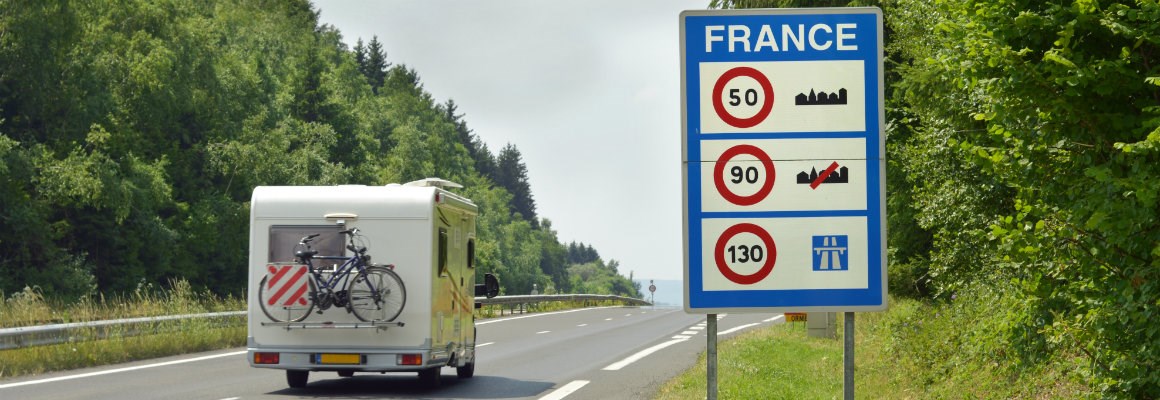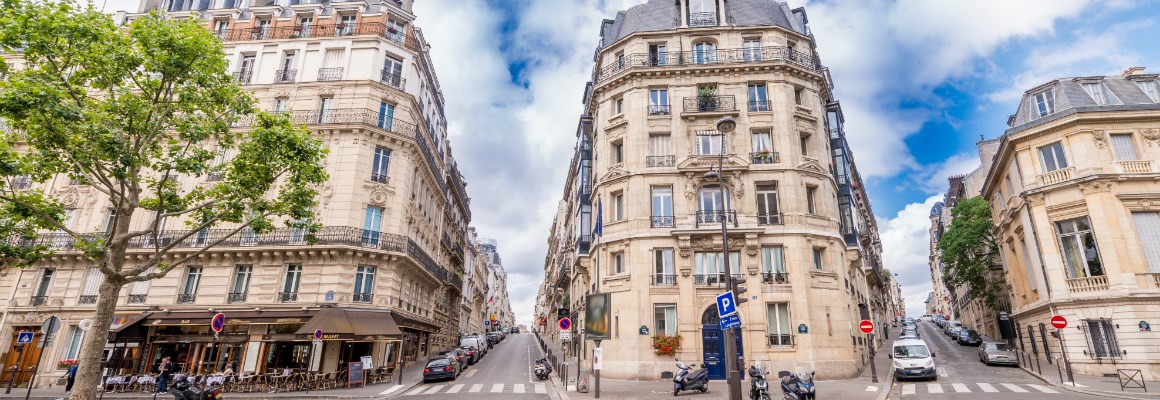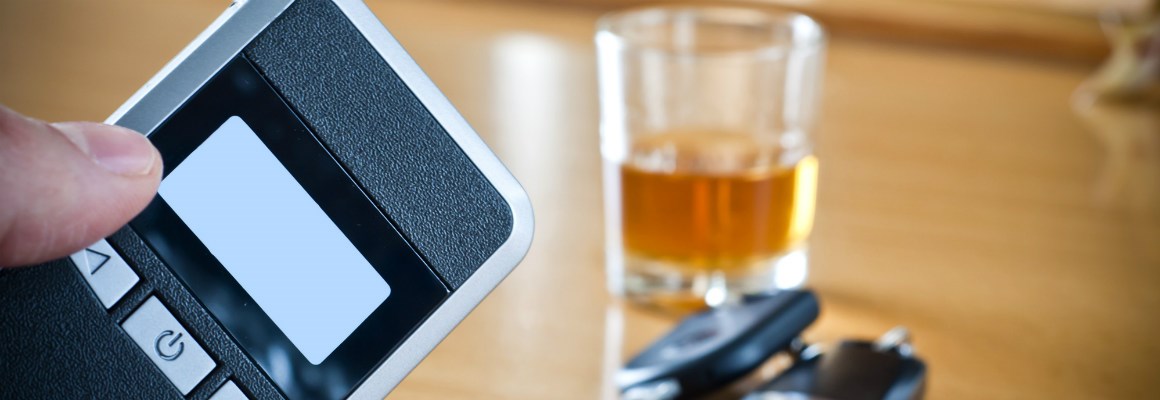Driving in France: Speed limits driving etiquette & more
Speed limits
Being aware of speed limits is absolutely essential for motorists, which is why it’s such an important part of the UK driving test.
Of course, it’s just as vital you know what the limits are while abroad. So, if you’re planning to take to the roads in France, make sure you’re aware of how fast you’re allowed to drive, and on what type of roads:

- On toll roads/main motorways:
130km/h (80mph) - On dual-carriageways and non-toll motorways: 110km/h (68mph)
- Away from built-up areas: 90km/h (55mph)
- In towns:
50km/h (30mph) - On toll roads/main motorways if it's raining/you're towing a trailer/you've had a licence for less than two years110km/h (68mph)
- On dual-carriageways and non-toll motorways if it's raining/you're towing a trailer/you've had a licence for less than two years:
100km/h (62mph)
Driving etiquette
Many of the rules of the road in France are similar to those in the UK. For example, you must stop at zebra crossings, all passengers must wear seatbelts and headlights should be used at night or in poor visibility.
Key fact:
- One thing to keep in mind is the fact that the French drive on the right, which, although obvious now, could quite easily be momentarily forgotten when you first take to the road across the channel.

One of the most well-known (and potentially confusing) elements of French driving etiquette is priorité à droite, which means anyone joining your road from the right hand side has priority over you.
In theory, this means that even when you're travelling at speed, you're required to stop and give way, not them.
Thankfully, this is less commonly enforced than in years gone by and is typically now signposted in areas where it applies, but it's worth being cautious and taking your foot off the gas on occasion, as some drivers might just assume you'll give them priority.

Alcohol limits
Drinking any amount of alcohol and getting behind the wheel is risky, and if you do this in France you’re even more likely to be breaking the law.
It’s worth remembering there is no safe amount of alcohol to drive on, and tolerance can vary depending on a number of factors, including: gender, weight, medication and whether or not there is food in your stomach.
It’s also a legal requirement for motorists in the country to carry an unused certified breathalyser in their vehicle, and motorists should be aware that police are permitted to carry out checks on motorists at random.
You can buy a breathalyser from high street stores such as Boots or Halfords or at the ferry port - they can cost from as little as £4.99.

Did you know?
The drink drive limit is lower than in England and Wales, with 50mg of alcohol allowed per 100ml of blood (significantly less than the 80mg limit here). So think twice before treating yourself to the wine on offer at many French service stations. The following information illustrates the consequences to your wallet and licence, should you drink and drive:
Alcohol level: Between 50mg and 90mg in 100ml of blood
Fine: More than €100
Points: Lose six points on your driving licence
So, with that in mind, and the fact driving abroad also brings a fair degree of unfamiliarity (with different customs, signs to look out for and so on), it’s really worth thinking about whether it’s just easier to completely avoid drinking alcohol before you drive.
France Driving - Pocket Guide
PDF 35KB

Swinton Travel Insurance
Explore our online exclusive single trip and annual multi-trip travel insurance policies and build a quote to suit you.
Insurance from Swinton and Safeguard
- Car Hire Excess Insurance - Protect your finances from costly excess charges on insurance for rental cars
- Car Insurance - A flexible range of policies for a wide range of cars and drivers
- Travel Insurance - Quick and easy cover for a range of travel needs
- Breakdown Cover - Flexible cover to help get you back on the road
- Touring Caravan Insurance - European cover included as standard
- Motorhome Insurance - European cover included as standard
Driving abroad
Be sure to check out our other driving abroad guides: